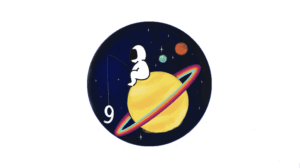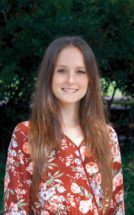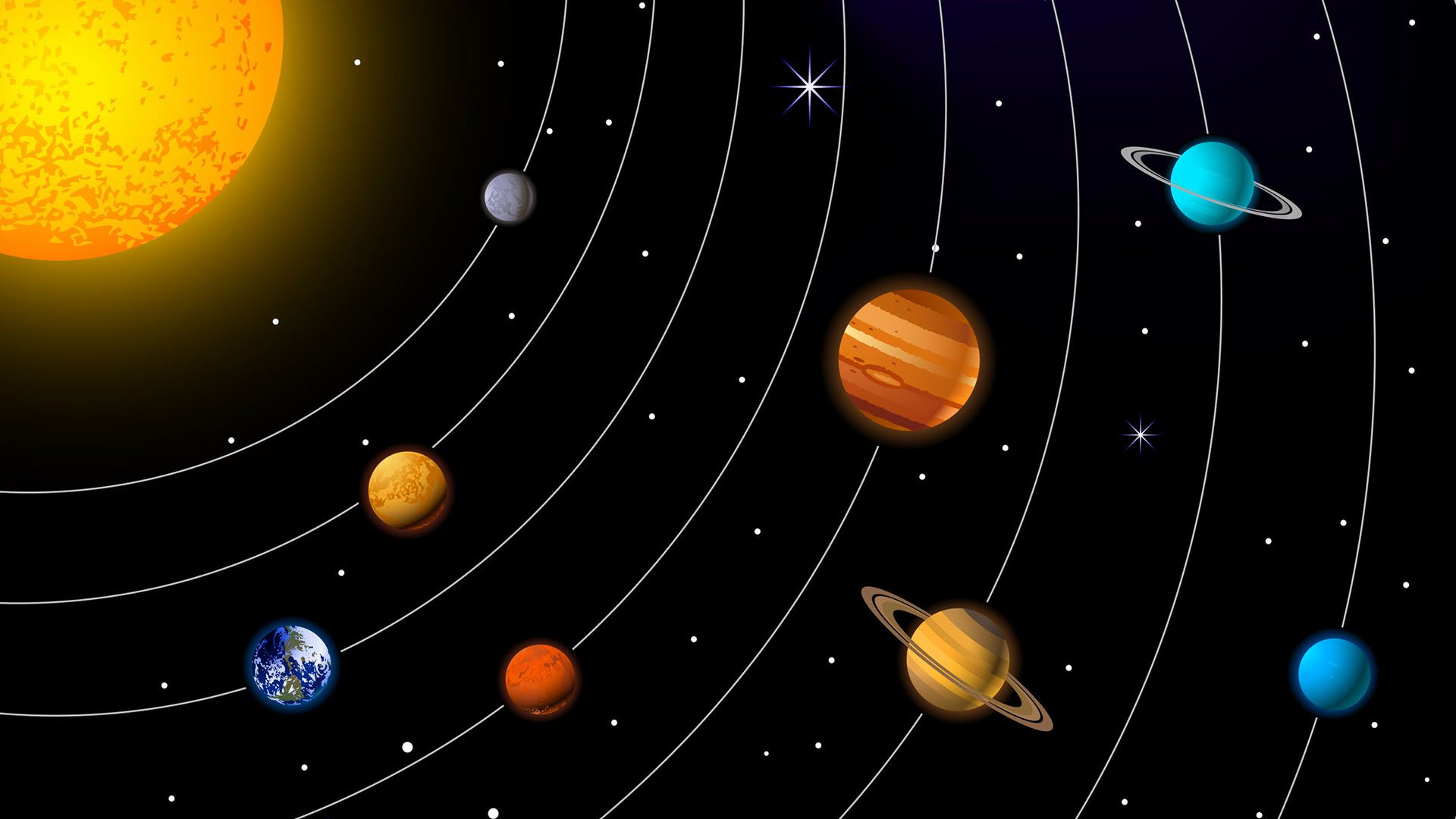Physics and astronomy can be challenging to understand, but five female astrophysicists affiliated with Clemson University are trying to change that — they have designed a YouTube channel to break down the subject in a way that anyone can comprehend.

(On) Planet Nine’s goal is to explain physics and astronomy, simply, for people without science backgrounds in a fun, entertaining and interactive way. The channel’s name is a play on the phrase “on cloud nine,” while also hinting to recent evidence of a distant, massive ninth planet in the solar system beyond Pluto.

“We want to show people that astronomy and astrophysics are not as difficult as they seem and are quite interesting,” said Lea Marcotulli. Marcotulli earned her doctorate from Clemson’s Department of Physics and Astronomy and is now a NASA Einstein Postdoctoral Fellow at Yale University.
With a new video released weekly, (On) Planet Nine first season tackles topics such as Newton’s laws of motion, the scale of the universe, the history of astrophysics and more. It also features interviews with some of today’s leading cosmologists and astrophysicists.
Marcotulli, who studies active supermassive black holes, came up with the idea to do science outreach through a YouTube channel about two years ago after talking to her advisor, Clemson Associate Professor Marco Ajello.

The other four women — Clemson doctoral candidates Andrealuna Pizzetti, Jordan Eagle and Meena Rajagopal, and postdoctoral researcher Núria Torres-Albà — heard about the idea and wanted to take part.
“Astrophysics shouldn’t be scary,” said Pizzetti, who says her love of astrophysics started when she was three years old when her parents showed her the Hale-Bopp comet. She earned her undergraduate degree from the University of Bologna in Italy and now works on X-ray analysis and modeling of obscured active galactic nuclei. “It’s not as difficult as it seems.”

The five women work together to explain complex concepts so everybody can understand how physics and astronomy affect their day-to-day lives.
“A lot of discoveries are things we use in everyday life,” said Rajagopal, who explores galaxies and other high energy phenomena using both ground and space-based telescopes around the world. “We can thank astronomy for a lot of technical advances such as GPS, medical imaging and wireless internet.”

The five handle all aspects of the YouTube channel themselves, from script development to video production and editing to social media and website management.
“What separates (On) Planet Nine from other astronomy-related channels is that we are professionals,” Eagle said. “Having five women from across the globe who are either already doctors in astrophysics or are pursuing doctorates in the field is what distinguishes us.”

Eagle is currently finishing her Ph.D. thesis as a Chandra X-ray Center Predoctoral Fellow, studying high energy emission from extreme environments in the Milky Way such as supernova remnants and the relativistic winds generated by pulsars.
“We bring a unique perspective as an international outreach group of experts on these topics,” Eagle said.
“Communicating science to the public and the method behind it is essential, especially now,” said Torres-Albà, a postdoctoral researcher who uses X-ray telescopes to catch elusive, highly obscured black holes in distant galaxies.
“Much of the research we do in science is funded by the public, so it is vital that we, as scientists, help the public understand the knowledge we gain and what it can teach us about ourselves and our universe. Science is important, and it’s important that people understand it,” Torres-Albà said.
The College of Science pursues excellence in scientific discovery, learning and engagement that is both locally relevant and globally impactful. The life, physical and mathematical sciences converge to tackle some of tomorrow’s scientific challenges, and our faculty are preparing the next generation of leading scientists. The College of Science offers high-impact transformational experiences such as research, internships and study abroad to help prepare our graduates for top industries, graduate programs and health professions. clemson.edu/science







